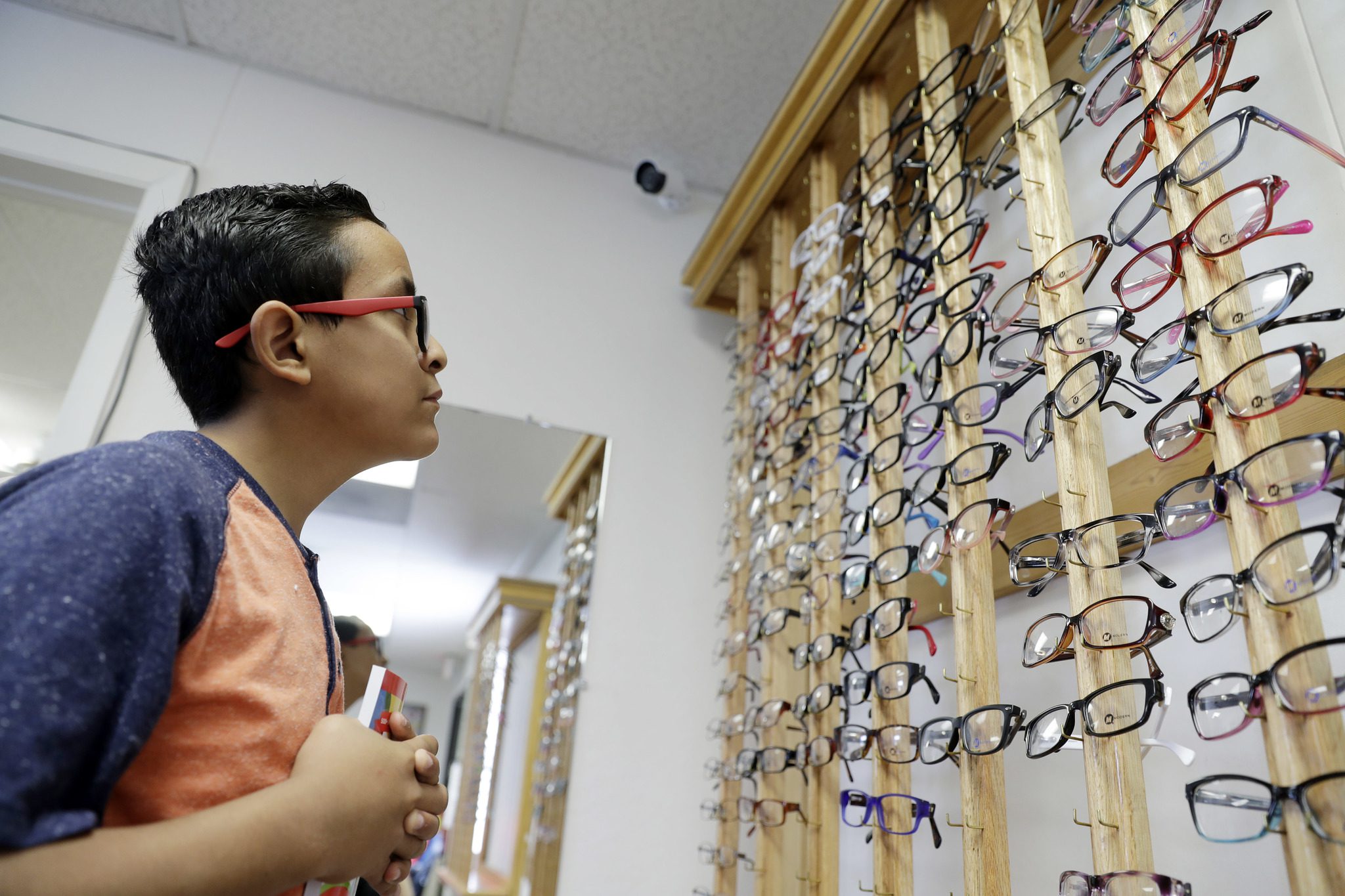The inevitable aging process comes with significant changes in how your body produces hormones, especially sex hormones. Hormone replacement therapy (HRT) can ease the burden of the natural decline in the production of sex hormones as your age, as it can help balance estrogen, progesterone and testosterone levels in your body.
Hormone Replacement Therapy Benefits
HRT has several health benefits for women. Hot flashes, nocturnal sweats and vaginal dryness and pain are just a few menopausal symptoms that hormone replacement therapy can alleviate.
Men are not exempt from the symptoms of sex hormone decrease. After the age of 30, a man’s testosterone levels begin to fall by about 1% every year. Hormone replacement therapy benefits in treating andropause, the male equivalent of menopause.
Hormone replacement therapy gives men and women more energy, restores or boosts libido, stabilizes their moods, reduces anxiety and depression, improves mental clarity and attention and helps them get back in shape. Aside, hormone replacement therapy can help restore your youthful look.
Hormone Replacement Therapy Pros and Cons
The benefits of hormone replacement therapy for both men and women are improved energy, balanced mood, increased libido and improved sleep.
The disadvantages of hormone replacement therapy for women include an increased risk of breast cancer, deep vein thrombosis, gallbladder, heart attack, stroke and uterine lining growth.
The disadvantages of HRT for men are an increased risk of fatigue, impotence, hot flushes and sweating, gynecomastia, memory problems, mood swings, depression, bone changes and cardiovascular problems.
Where Can I Get Hormone Replacement Therapy?
If you want to get hormone replacement therapy, find a reliable General Practitioner (GP) or physician in your area. You can commence hormone replacement therapy as soon as you start experiencing menopausal symptoms, and no tests are usually required. A physician can explain the many types of HRT and assist you in selecting one that is right for you.
You’ll most likely start with a low dose and gradually increase it. The treatment may take a few weeks to kick in, and there may be some side effects at the start. Your doctor will advise you to attempt treatment for three months to see if it helps. If it doesn’t, they may recommend adjusting your dose or switching to a different type of HRT.
Hormone Replacement Therapy for Men
Men with unnaturally low levels of testosterone can benefit from hormone replacement therapy. However, whether hormone replacement therapy can benefit healthy men whose testosterone decline is simply caused by aging is less certain. Therefore, talking to your physician about safer alternatives is essential to make up for your natural decrease in testosterone.
Menopausal Hormone Therapy for Women
Menopausal hormone therapy uses female hormones, especially estrogen, to treat the menopause symptoms of sex hormone decrease, such as hot flashes and vaginal soreness.
Hormone Replacement Therapy Types
Bioidentical hormone replacement therapy (BHRT) and natural or traditional hormone replacement therapy are the two types of hormone replacement therapy (HRT). Both hormone replacement therapies are made up of varying amounts and combinations of hormones and exist in various forms, including pills, creams, gels and patches.
Natural Hormone Replacement Therapy
Natural hormone replacement therapy uses hormones collected from plants to correct hormonal imbalances. The treatment entails ingesting plants or supplements with components that can help correct hormonal imbalances. Patients choose this approach to treat hormonal imbalances and perimenopause and menopause symptoms.
Bioidentical Hormone Pellet Therapy
Bioidentical hormone pellet therapy uses synthetic hormones derived from plant estrogens to address hormonal imbalances and depletion. This form of treatment implies inserting small, rice-sized pellets under the skin, which gradually release certain amounts of hormones over a determined period of time. Bioidentical hormone pellet therapy is ideal for patients requiring long-term hormone replacement treatments.
Thyroid Hormone Replacement Therapy
Thyroid hormone therapy becomes imperative when your thyroid gland does not produce enough thyroid hormone on its own, causing hypothyroidism. Thyroid hormone replacement therapy is commonly administered as a tablet to treat an underactive thyroid gland that produces little or no thyroid hormones.
Progesterone for Hormone Replacement Therapy
Laboratory-made progesterone for hormone replacement therapy is widely used to help patients restart menstrual periods that have abruptly halted (i.e., amenorrhea), cure abnormal uterine bleeding caused by hormonal imbalance and treat severe premenstrual syndrome symptoms (PMS).
Hormone Replacement Therapy for Weight Loss
Your hormonal imbalance is what makes you struggle to lose weight. Fortunately, hormone replacement therapy and weight loss can go hand in hand. Research has shown that hormone replacement therapy effectively prevents weight gain and encourages weight loss by encouraging lipid oxidation.
Hormone Replacement Therapy Cost
Questions regarding the cost of hormone replacement therapy sit on the minds of numerous patients. Hormone replacement therapy might cost anywhere from $30 to $90 per month. The cost of your therapy will be determined by several factors, including the chosen form of treatment and the number of hormones required in each dose. However, bioidentical hormone replacement therapy is more expensive, costing between $200 and $500 per month.
Is Hormone Replacement Therapy Covered by Insurance?
The majority of hormone replacement therapies approved by the FDA are covered by insurance. However, the level of coverage for each product is determined by your insurance plan. For example, most insurances do not cover compounded bioidentical hormones. Your therapy and insurance plan will impact the coverage of your treatment.
Is Hormone Replacement Therapy Safe?
Physicians have been hesitant to recommend hormone replacement therapy in the past, especially for those with specific risk concerns. However, most doctors now agree that hormone replacement therapy is safe for women up to the age of 59 who are experiencing moderate-to-severe hot flashes and vaginal dryness and are within 10 years of menopause.
A Parting Reminder
Hormone replacement therapy is a splendid treatment option for both andropause and menopause symptoms. Your physician will recommend the correct hormone therapy for your case after a thorough consultation. You deserve to live life to the fullest even at your menopausal and andropause stage!






0 Comments